
Russian Researchers Explain Origins of Dangerous Coronavirus Variants
HSE researchers, in collaboration with their colleagues from Skoltech and the Central Research Institute for Epidemiology, have uncovered the mechanisms behind the emergence of new and dangerous coronavirus variants, such as Alpha, Delta, Omicron, and others. They have discovered that the likelihood of a substitution occurring at a specific site of the SARS-CoV-2 genome is dependent on concordant substitutions occurring at other sites. This explains why new and more contagious variants of the virus can emerge unexpectedly and differ significantly from those that were previously circulating. The study’s findings have been published in eLife.
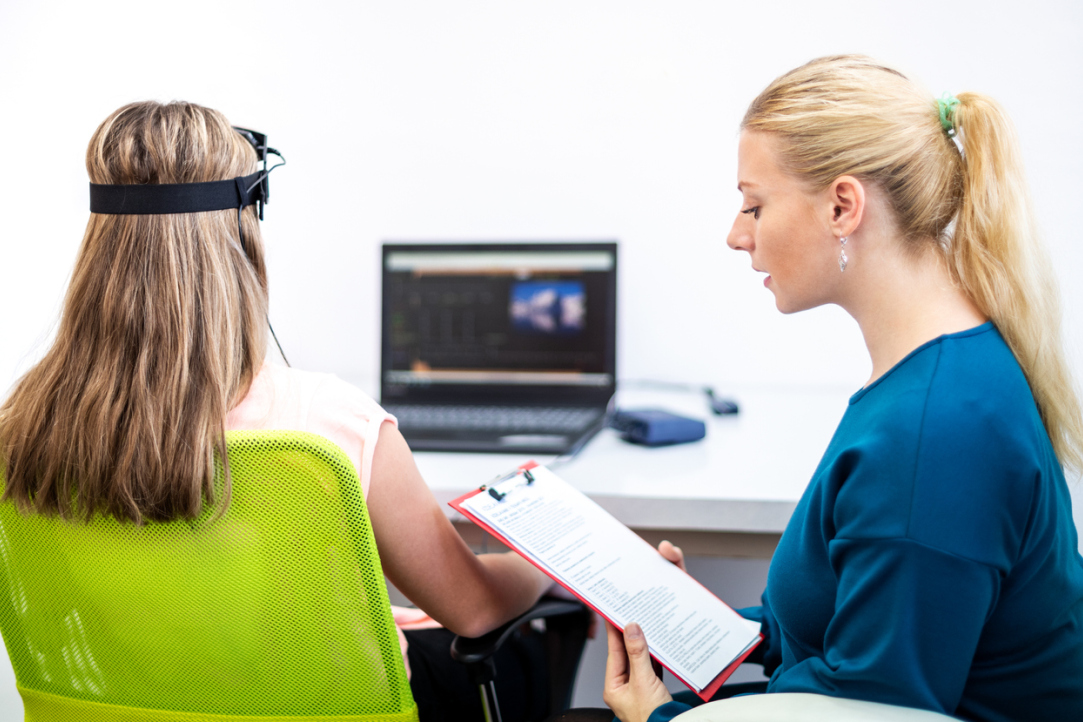
EEG and Eye Tracking Help Calculate Attentional Engagement Index
Researchers at the HSE Institute of Cognitive Neuroscience have discovered that analysing the electrical activity in the brains of a small group of people and studying their visual attention makes it possible to predict the impact of an online advertising campaign on a much larger group of 300,000 consumers. The paper has been published in Brain Sciences.
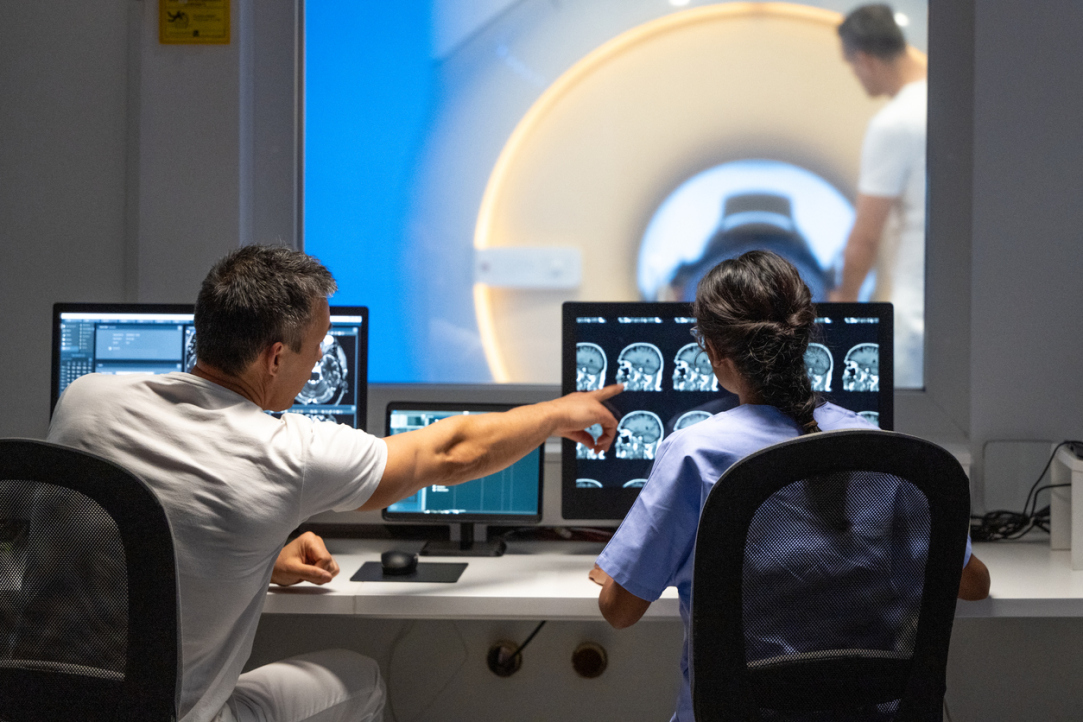
Language Impairment in Autism Associated with Grey Matter Volume
Researchers from Russia and the U.S. have found language impairment in children with Autism Spectrum Disorder (ASD) to be associated with a lower volume of grey matter and greater gyrification in the temporal and frontal lobes of the cerebral cortex. These regions play a critical role in language functioning. Understanding the structural characteristics that underlie behavioural deficits can aid in designing special education programmes for children with autism. A paper with the study’s findings has been published in Scientific Reports.

Student Conference on Computational Linguistics Held at HSE University in Nizhny Novgorod
ConCort 2023, a forum dedicated to research in corpus technology and computer science in the humanities, brought together experts and students from all over Russia. The participants discussed the latest developments in corpus linguistics, including the rapidly developing field of digital humanities.
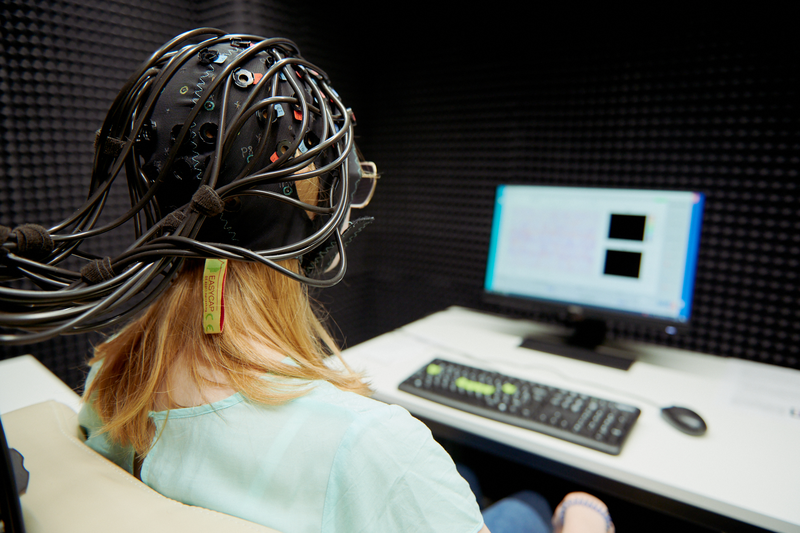
HSE University to Develop Network Centre for Technology Transfer
The Ministry of Science and Higher Education of the Russian Federation has announced the results of a competition to support the creation and development of centres for technology transfer. A total of 58 applications from universities and research institutes were submitted to the contest. Twenty winning projects have received support, including the HSE University Centre for Technology Transfer. The university plans to become a leader in implementing a cooperative technology transfer model.

Keeping Up with the Neighbours: Envy as a Driver of Economic Growth
Classical economic theory assumes that economic agents are entirely self-interested and rational in their pursuit of material well-being, and that they are not affected by external factors. As a result, externalities are not considered in any way when constructing economic models. Nevertheless, some sociologists argue for a revision of modern economic theory to incorporate the ethical dimensions of economic agents' behaviour. Kirill Borissov, Professor of the Faculty of Economics at the European University in St Petersburg, spoke at the XXIV Yasin (April) International Academic Conference and shared his observations from creating his own economic model incorporating the factor of envy.

Common Research Interest: Welfare Studies
Throughout the year, the HSE International Laboratory for Social Integration Research (ILSIR) is hosting consulting seminars on ‘Care and Welfare in Post-Socialist Eurasia: Institutions, Discourses, Identities’ with presentations by leading foreign experts. The first seminar in the series, ‘Conceptualising Social Activism’ was held on April 4 with the participation of Professor Linda Cook, Academic Supervisor of HSE ILSIR. The second one will take place on April 18.
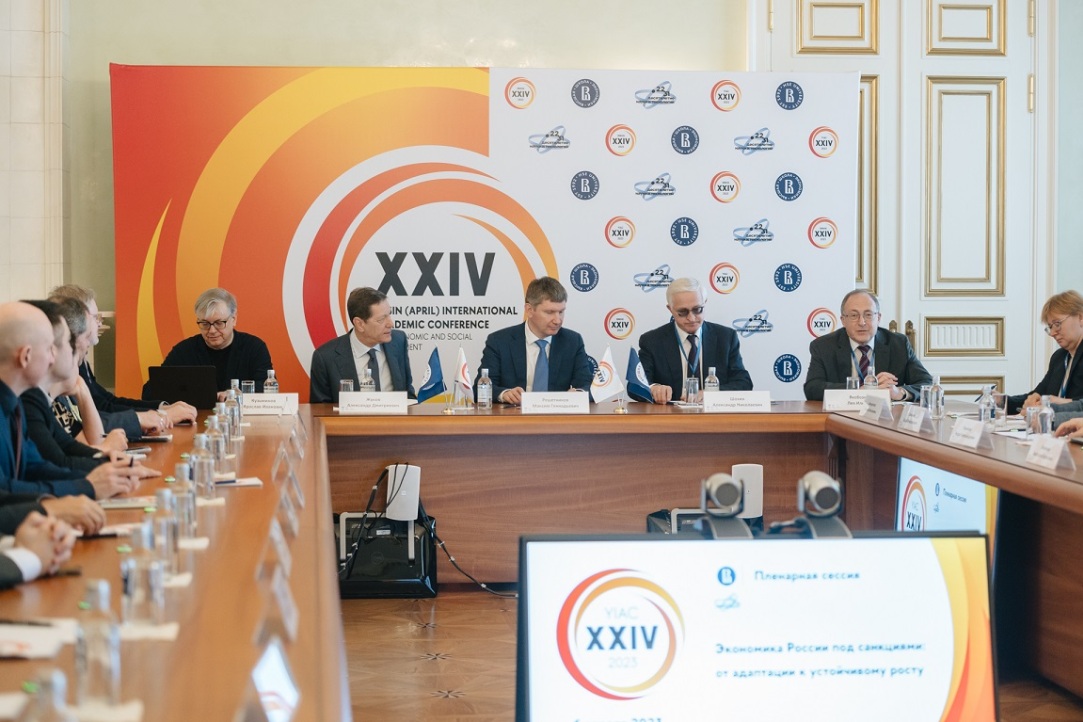
Structural Transformation and Drivers of Sustainable Growth in Russian Economy Discussed at HSE University
The Russian economy has demonstrated high resilience to unprecedented external pressure and has managed to largely adapt to new conditions. As early as this year, it can go from recession to growth. The issue of where to find drivers and resources for this was discussed at a plenary session titled ‘Russian Economy under Sanctions: From Adaptation to Sustainable Growth’ at the XXIV Yasin (April) International Academic Conference held at HSE University as part of the Decade of Science and Technology. Minister of Economic Development of the Russian Federation Maksim Reshetnikov took part in the discussion.
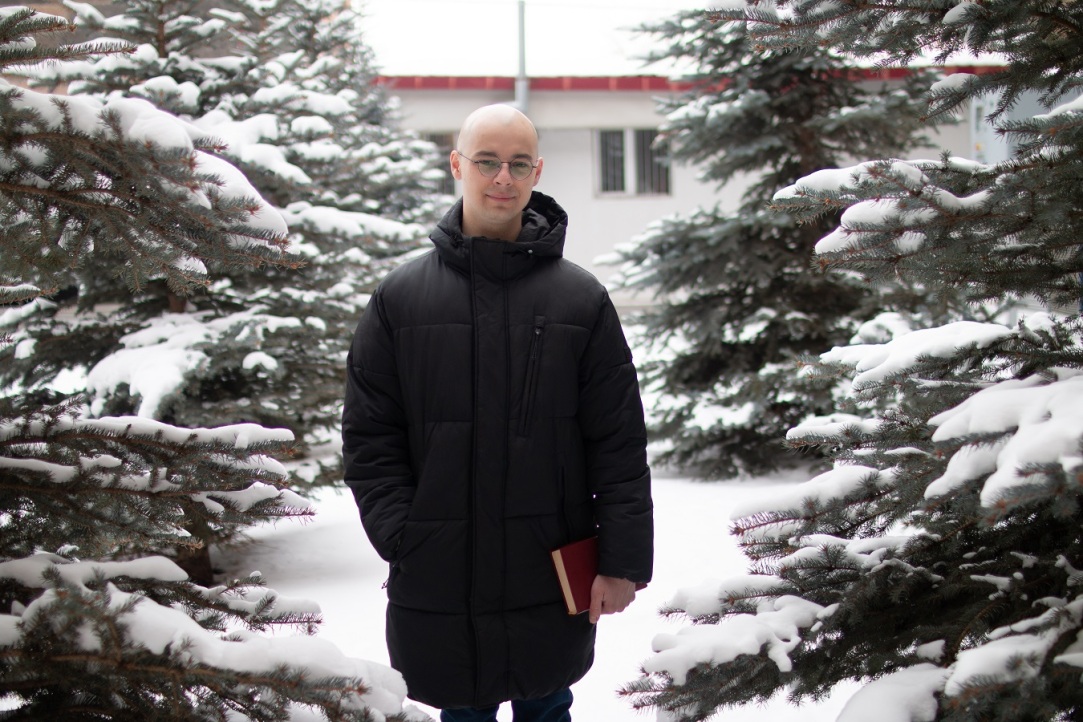
‘For Me, Science Means Going Beyond the Usual Understanding of Things’
Viktor Karpychev could have become a screenwriter but instead, he devoted himself to studying how the brain works. In this interview with Young Scientists of HSE, Mr. Karpychev explained how he spends his workdays and which Nobel laureate he would like to meet.

‘People Want to Receive Only Useful Content’
Experts say that interest in news has sharply increased among the Russian audience. At the same time, part of the audience deliberately avoids it. What kind of content is in demand and will people continue to watch TV? These and other issues were discussed at the plenary session ‘ Info-hygiene and Information Elitism: How to Consume Media Properly’ at the XXIV Yasin (April) International Academic Conference.

